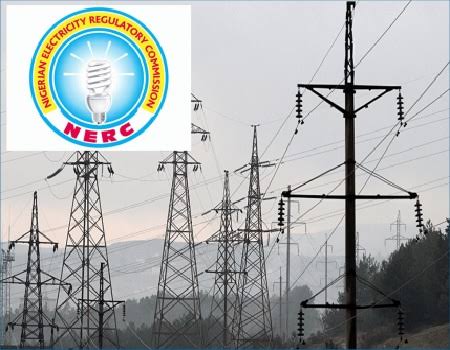The Nigerian Electricity Regulatory Commission (NERC) has taken a significant step in implementing the new Electricity Act of 2023 by establishing three working groups.
President Bola Tinubu signed this groundbreaking act in June 2023, a move that shifted the control of electricity generation and regulation to individual states, removing it from the exclusive list.
At a meeting in Abuja, NERC Chairman Sanusi Garba inaugurated the Legal and Regulatory Working Group, Engineering and Technical Working Group, and the Commercial and Transaction Group.
Garba emphasized that the primary focus of the new Electricity Act is to empower states to formulate and regulate electricity laws within their jurisdictions.
He stressed the importance of collaboration between NERC and states, acknowledging the process involved in transferring the responsibility of electricity regulation to the states.
Garba highlighted the creation of three working groups as a strategic approach. These groups include the Legal and Regulatory Working Group, responsible for legal aspects, the Engineering and Technical Working Group, focusing on technical considerations, and the Commercial and Transaction Group, handling commercial aspects.
The NERC and these working groups are set to delve into key areas outlined in the Electricity Act over the next three months, anticipating positive outcomes.
Dr. Yusuf Ali, NERC Commissioner for Planning, Research, and Strategy, shed light on one notable aspect of the Electricity Act—the transition of the Nigerian power sector into a two-tier regulatory regime, involving both federal and state regulations. This shift marks a crucial evolution in the governance of the power sector.
NERC Vice Chairman, Musiliu Oseni, urged members of the working groups to exert their best efforts to ensure a robust report.
Oseni emphasized the collective desire for a functional electricity sector, a thriving electricity market, and the overall betterment of the country.
One noteworthy benefit of the new Electricity Act is the provision allowing investors to construct, own, or operate electricity generation projects without a license, provided the capacity does not exceed one megawatt.
Similarly, the act permits the distribution of electricity without a license for capacities not exceeding 100 kilowatts.
States are empowered to regulate their electricity markets by issuing licenses to private investors for the operation of mini-grids and power plants within their respective jurisdictions.
This move aims to encourage private investment and enhance the efficiency of electricity distribution at the state level.



